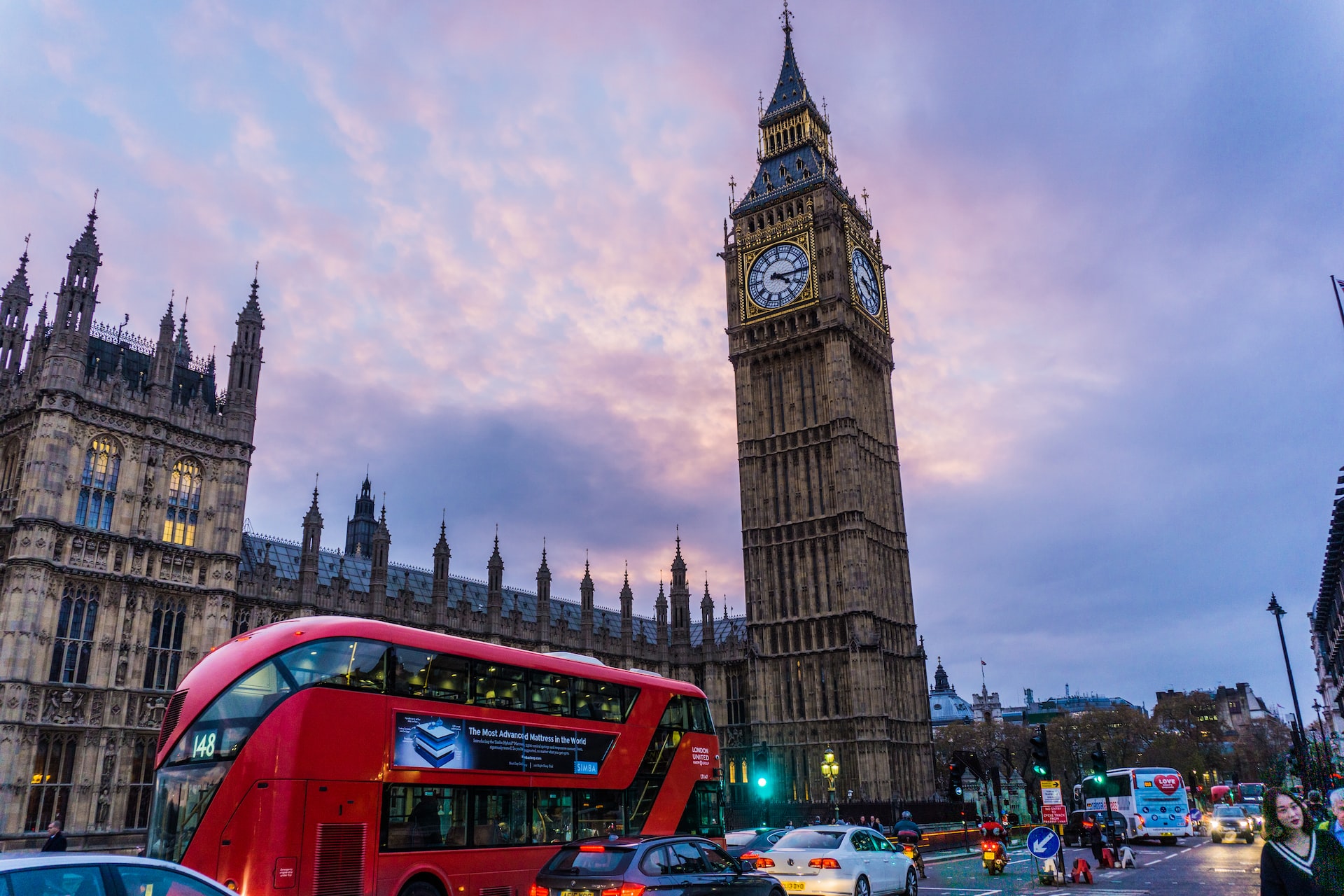Abu Dhabi weather is known for its extreme heat and arid conditions. The city, located in the United Arab Emirates, is situated in the desert and experiences hot temperatures year-round. The summers in Abu Dhabi are particularly scorching, with daytime highs often reaching well over 40 degrees Celsius (104 degrees Fahrenheit). The humidity is also quite high, making the heat even more oppressive. Despite the heat, Abu Dhabi is a popular tourist destination, and many visitors flock to the city to experience its unique culture and attractions.
The city does receive occasional rainfall, but it is not very common. During the winter months, there is a higher chance of rain and the temperatures are generally more pleasant. However, even during the winter, temperatures can still reach over 30 degrees Celsius (86 degrees Fahrenheit) during the day.
| Month | Low (°C) | High (°C) | Low (°F) | High (°F) | Rain (%) |
|---|---|---|---|---|---|
| January | 14 | 25 | 57 | 77 | 5 |
| February | 14 | 26 | 57 | 79 | 5 |
| March | 16 | 29 | 61 | 84 | 5 |
| April | 20 | 35 | 68 | 95 | 5 |
| May | 24 | 40 | 75 | 104 | 5 |
| June | 28 | 45 | 82 | 113 | 5 |
| July | 30 | 47 | 86 | 117 | 5 |
| August | 30 | 47 | 86 | 117 | 5 |
| September | 28 | 45 | 82 | 113 | 5 |
| October | 24 | 40 | 75 | 104 | 5 |
| November | 20 | 35 | 68 | 95 | 5 |
| December | 16 | 29 | 61 | 84 | 5 |
When it comes to the best time to visit Abu Dhabi, it ultimately depends on what you’re looking for in a vacation. If you’re looking to escape the coldand enjoy some warm weather, then the winter months of November to April may be the best option for you. During this time, the temperatures are more mild and the humidity is lower, making it more comfortable to be outside. Additionally, this is the peak tourist season in Abu Dhabi, so you can expect to find more activities and events happening during this time.
However, if you’re looking to experience the true heat of the desert and enjoy the city’s many outdoor activities, then the summer months of May to October may be a better fit. During this time, the temperatures are at their highest and the sun is at its strongest. If you plan on visiting during the summer, it’s important to take necessary precautions to protect yourself from the heat, such as staying hydrated and avoiding being outside during the hottest parts of the day.
Another factor to consider is the rain. As mentioned earlier, Abu Dhabi does receive occasional rainfall, but it is not very common. If you’re looking to avoid the rain, then the months of June to September may be the best option. During this time, the chance of rain is at its lowest.
In conclusion, the best time to visit Abu Dhabi depends on your personal preferences and what you’re looking to experience on your vacation. If you’re looking to escape the cold and enjoy the city’s peak tourist season, then the winter months may be best. If you’re looking to experience the true heat of the desert and enjoy outdoor activities, then the summer months may be a better fit. It’s also important to consider the chance of rain and take necessary precautions to protect yourself from the heat. Regardless of when you visit, Abu Dhabi offers a unique and exciting experience for all visitors.



